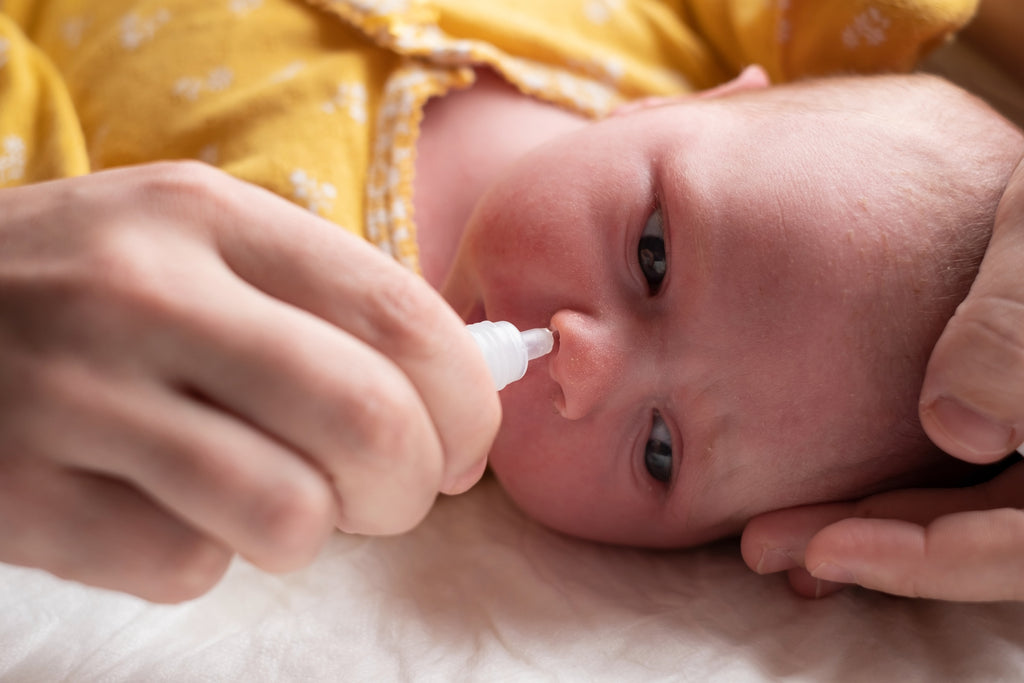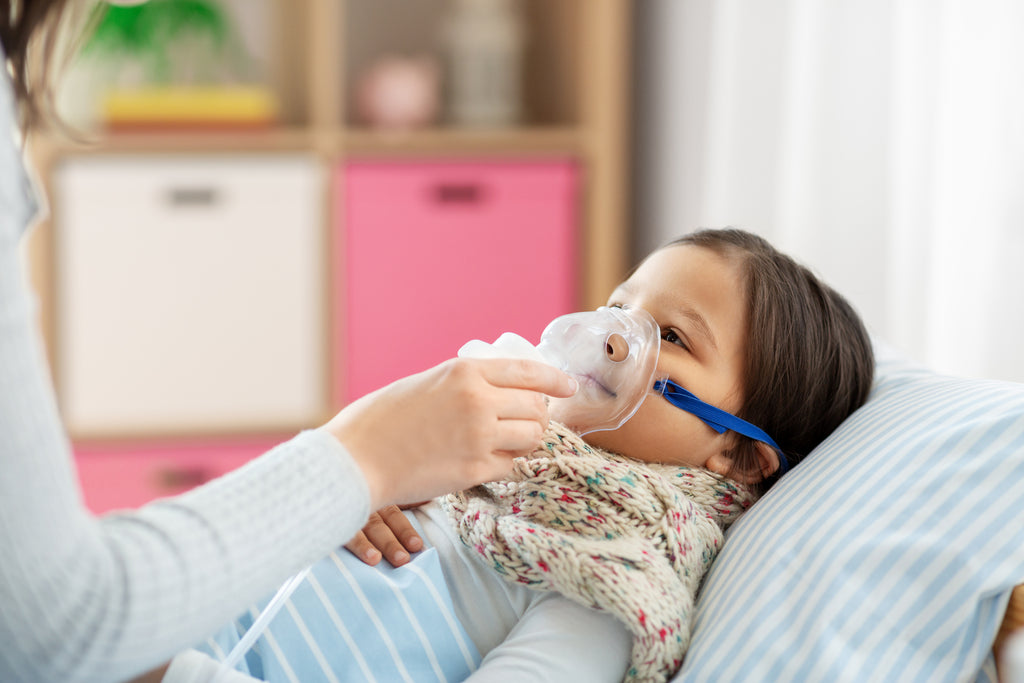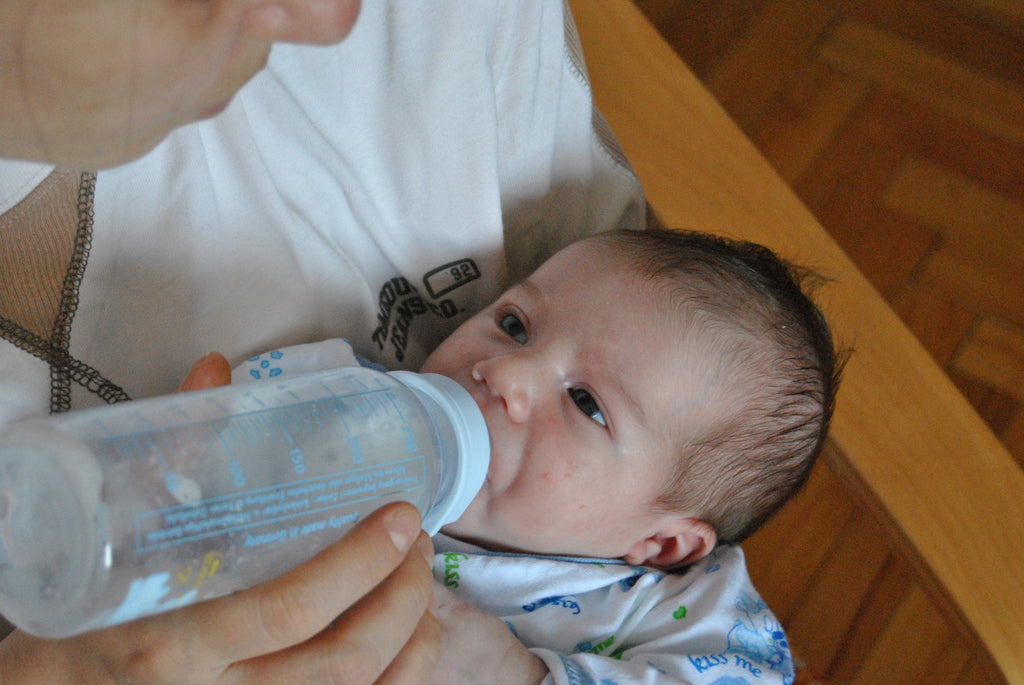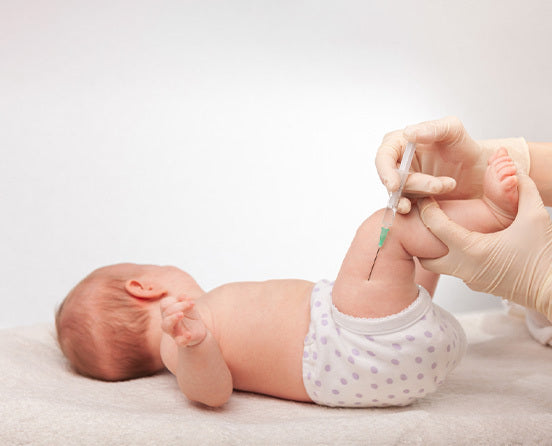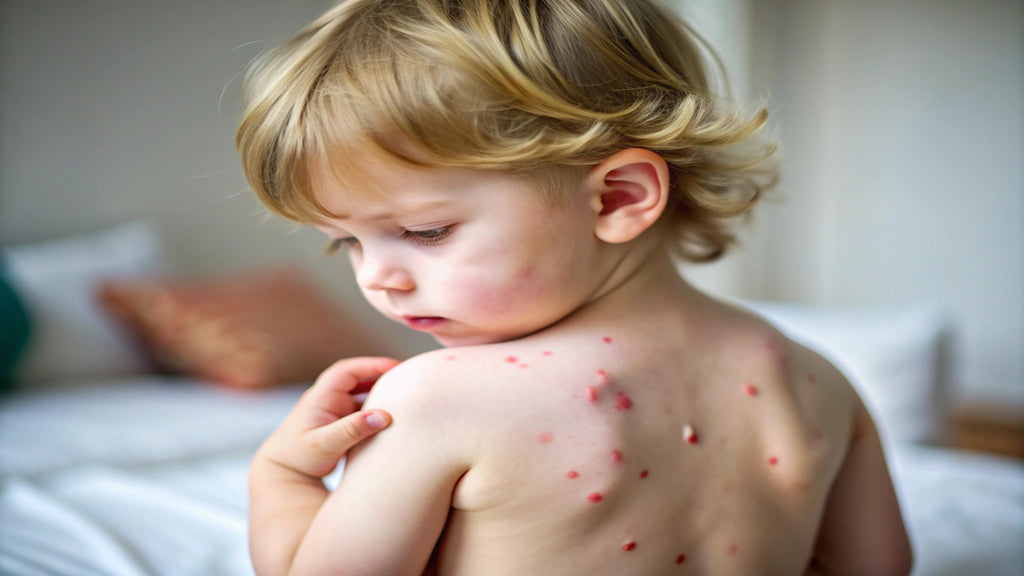
Chickenpox in Children: Causes, Symptoms, Treatment & Prevention

What is Chicken Pox?
Chickenpox is caused by the virus, Varicella-Zoster, which results in itchy and blister-like rashes on the skin. Its high contagiousness has diminished due to widespread vaccination. Children are the most vulnerable class while adults can also contract this disease. Before the arrival of the initial vaccine in 1995, nearly all individuals experienced chickenpox during early childhood. However, since the late 1990s, the incidence has decreased by almost 90%. Currently, most children get vaccination against chickenpox as part of their regular immunization regimen. Once you’ve got chicken pox you can’t catch it from the other infected person in the future. However, if you are not vaccinated, you can get chicken pox at any age.
However, it is advisable to have chickenpox during childhood or opt for vaccination to prevent its onset.
Stages of Chicken Pox
The progression of chickenpox typically involves three distinct stages, primarily characterized by changes in the appearance of the rash:
In Stage 1, the rash appears as red and bumpy. This phase may last for several days.
Stage 2 sees the rash evolving into fluid-filled blisters. These blisters rupture approximately one to two days later.
During Stage 3, the blisters begin to scab over. This phase also persists for several days.
Despite the whole process being divided into stages, individuals may experience a mixture of rash types. Consequently, some bumps may be in the process of forming while others are already ruptured. The entire duration of the rash can extend up to approximately 10 days.
Symptoms of Chicken Pox
Recognizing chickenpox symptoms is typically very easy, often discernible by healthcare providers through a visual examination of the skin. Symptoms of chickenpox appear in the following order:
- Onset of a low-grade fever.
- Feelings of fatigue.
- Headaches.
- Abdominal discomfort leads to decreased appetite.
- Emergence of a highly itchy skin rash resembling numerous small blisters.
- Formation of bumps filled with a clear, milky fluid.
- Subsequent development of scabs as the blisters rupture.
- Skin exhibiting a blotchy appearance.
- Gradual fading away of crusty spots.
Causes of Chicken Pox
Chickenpox is a viral infection. Viruses propagate through transmission from one infected individual to another, primarily via bodily fluids (such as through coughing or sneezing) or direct bodily contact (such as touching the rash).
How does Chicken Pox Spread?
Children are susceptible to contracting chickenpox at any stage of childhood. Following exposure to the virus, there is typically a latent period of one to three weeks before symptoms start appearing. Children can transmit the virus from one to two days before exhibiting any symptoms until the point when all blisters have crusted over or formed scabs.
Chickenpox spreads through:
- Direct contact with an individual who is infected with chickenpox.
- Inhaling air containing viral particles expelled by an infected person through sneezing or coughing.
- Contact with fluids from the eyes, nose, or mouth of an infected child.
What are the risks?
Individuals who have not been vaccinated against chickenpox and have never contracted the illness are susceptible to acquiring it. The risk is further elevated for those who frequently interact with children or are employed in school or daycare settings.
What are the complications?
The possible compilations that arise from chicken pox are as follows,
- Bacterial infections affect the skin, bloodstream, and soft tissues.
- Conditions like encephalitis or Reye's syndrome.
- Dehydration.
- Pneumonia.
- Blood clotting abnormalities.
- Liver complications.
Diagnosis of Chicken Pox
The signs of chickenpox are usually apparent and easily identifiable. Healthcare professionals can often diagnose chickenpox by visually inspecting your child's skin.
Treatment For Chicken Pox
Ensure your child receives excessive rest and fluids. Typically, chickenpox resolves on its own within one to two weeks. To alleviate your child's discomfort from itching, you can:
- Maintain a cool environment for your child.
- Apply a cool, damp cloth to the rash.
- Encourage your child to refrain from scratching and trim their fingernails to minimize the risk of scratching.
- Use a lotion containing antihistamines on the rash, available at pharmacies, and use it after consulting with your doctor.
- Offer your child a daily cool bath or shower. When drying them, gently pat them instead of rubbing them.
- Ensure your child consumes plenty of water and fluids to prevent dehydration.
- A soft, bland diet may be beneficial if blisters are present in the mouth.
- Avoid giving your child aspirin, as it can pose risks to those with fevers. Instead, use acetaminophen for pain relief. If uncertain about which product to use, consult your child's healthcare provider.
Prevention
Yes, a vaccine exists for chickenpox, typically administered in two doses by your child's pediatrician.
For children under 13, the first dose is recommended between 12 to 15 months of age, with the second dose administered between 4 to 6 years of age. Most children receive the chickenpox vaccine as part of a combination vaccine known as MMRV, which also protects against measles, mumps, and rubella.
Adults who have not contracted chickenpox should also consider getting vaccinated. For individuals aged 13 or older who have not received the vaccine, two doses should be administered at least 28 days apart.
Vaccination is highly effective, with over 90% efficacy in preventing chickenpox. Since its introduction in 1995, the vaccine has prevented a minimum of 91 million cases of chickenpox.
Who should not get Vaccinated?
Certain individuals should refrain from receiving the chickenpox vaccine. You should avoid the chickenpox vaccine if you:
- Have an allergy to the vaccine or any of its components.
- Are pregnant or suspect you might be pregnant
- Experience immune system disorders.
- Have tuberculosis.
- Are currently unwell. (Consider vaccination once you have recovered.)
- Recently had a blood transfusion or received other live-attenuated vaccines.
For further valuable information, we encourage you to download our Bebambi app from the link provided below.


